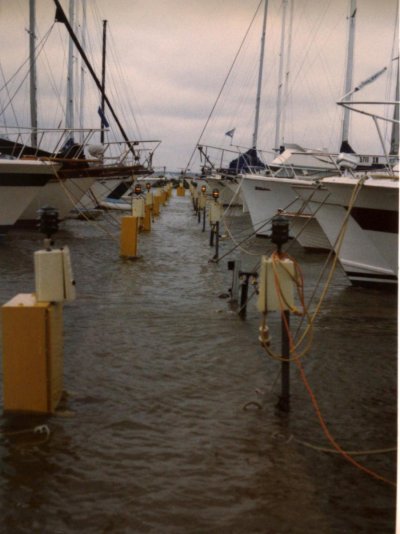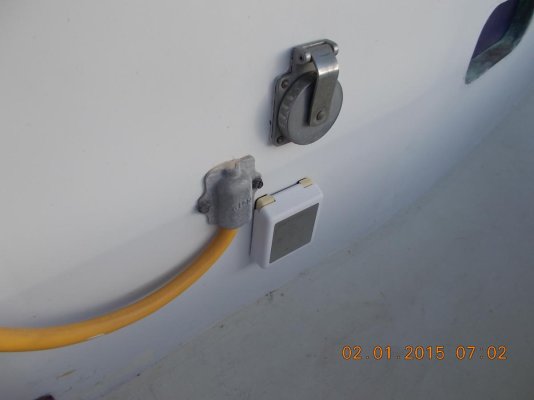READY2GO
Guru
- Joined
- Jan 3, 2012
- Messages
- 521
- Location
- USA
- Vessel Name
- Walkabout
- Vessel Make
- 1989 Sea Ray 380 Aft Cabin
I was a sailor before buying a trawler so I know lots of sailors. I can't think of a single one that does not have and use a radio. Plus I came across plenty of oblivious power boaters. Although some were oblivious, others were just plain rude or just didn't give a flip about anyone but themselves. People are people no matter what kind of boat their on. If a jerk trades in his sailboat for a power boat he will still be a jerk and vise verses.




